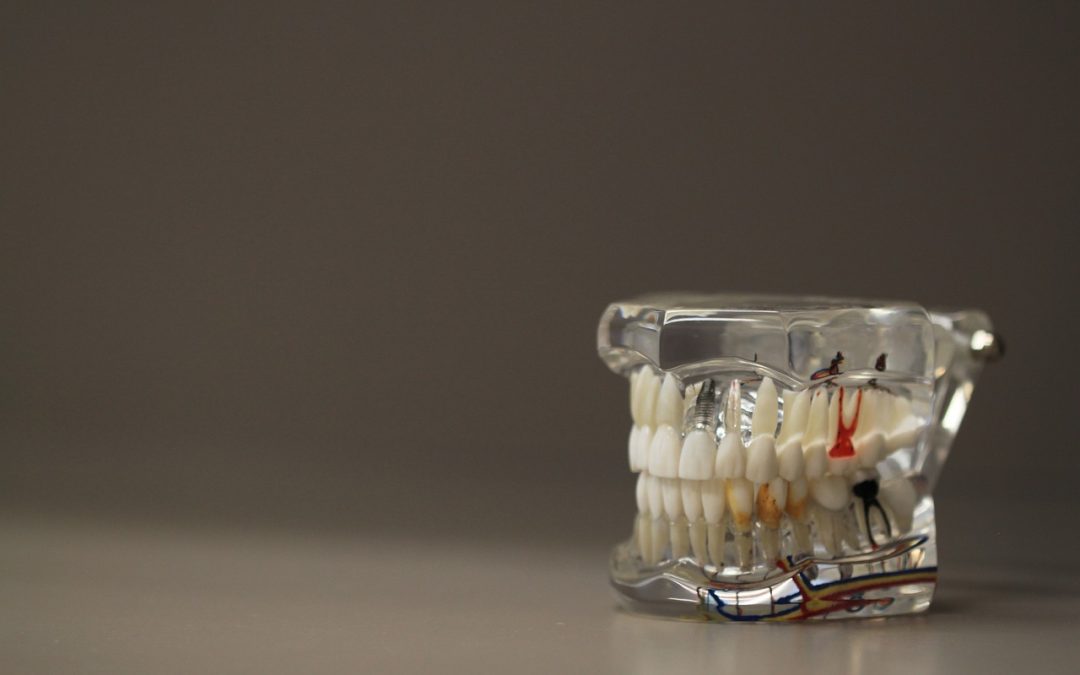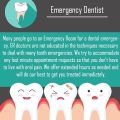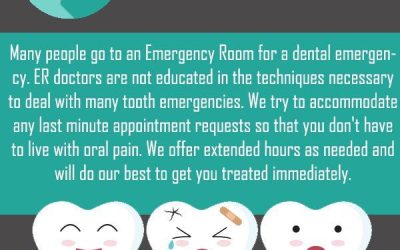So you’ve been experiencing discomfort in your mouth, and you’re wondering whether it’s an abscess or a gum infection. Well, you’ve come to the right place. In this article, we’ll shed some light on this dental dilemma and help you understand the differences between these two oral issues. By exploring the symptoms, causes, and treatments of both abscesses and gum infections, you’ll be better equipped to recognize and address any potential dental concerns. So let’s get started and find out what’s really going on in your mouth.
Causes of Abscess or Gum Infection
Dental Decay
Dental decay, also known as tooth decay or cavities, is a common cause of abscess or gum infection. When plaque, a sticky film of bacteria, builds up on the teeth and is not removed through proper oral hygiene practices, it can lead to the development of cavities. These cavities provide the perfect environment for bacteria to thrive and cause an infection in the gums or surrounding tissue.
Periodontal Disease
Periodontal disease, or gum disease, is another leading cause of abscess or gum infection. It occurs when the gums and tissues that support the teeth become infected and inflamed due to the buildup of plaque and tartar. As the disease progresses, it can cause the formation of pockets between the gums and teeth, which can become infected and lead to abscesses.
Trauma or Injury
Trauma or injury to the teeth or gums can also result in abscesses or gum infections. This can include accidents, falls, or any situation where there is direct trauma to the mouth. The impact can damage the teeth or gums, creating openings or fractures that allow bacteria to enter and cause an infection.
Poor Oral Hygiene
Maintaining good oral hygiene is essential in preventing abscesses and gum infections. When proper brushing, flossing, and regular dental visits are neglected, plaque and bacteria can accumulate in the mouth and lead to infection. Poor oral hygiene habits also contribute to the development of periodontal disease, which increases the risk of abscesses and gum infections.
Compromised Immune System
A weakened immune system can make you more susceptible to abscesses and gum infections. Certain medical conditions, such as diabetes or HIV/AIDS, and certain medications that suppress the immune system can compromise your body’s ability to fight off infections. When the immune system is weakened, even minor dental issues or infections can escalate and lead to abscesses or gum infections.
Symptoms of Abscess or Gum Infection
Pain and Swelling
One of the most common symptoms of an abscess or gum infection is pain and swelling in the affected area. This pain is often described as throbbing or intense, and it may worsen when pressure is applied to the area. The swelling may cause the gums to appear red, puffy, and tender to the touch.
Redness and Inflammation
In addition to pain and swelling, abscesses or gum infections can cause redness and inflammation in the gums. The infected area may appear brighter or more intense in color compared to the surrounding healthy gum tissue. Inflammation can also contribute to the sensitivity and discomfort experienced in the affected area.
Gum Boil or Pimple
In some cases, an abscess or gum infection may manifest as a visible boil or pimple-like bump on the gums. This is known as a gum boil. The boil may be filled with pus, which is a sign of infection. It is important not to attempt to pop or drain the boil yourself, as this can lead to further complications or the spread of infection.
Bad Breath or Bad Taste
An abscess or gum infection can cause persistent bad breath or an unpleasant taste in the mouth. This is often due to the release of toxins and bacteria from the infection. Even with regular brushing and mouthwash use, the bad breath or taste may persist until the infection is properly treated.
Fever or Malaise
In more severe cases, abscesses or gum infections can lead to systemic symptoms such as fever or a general feeling of malaise. A fever may indicate that the infection has spread beyond the localized area and requires immediate attention from a dental professional.
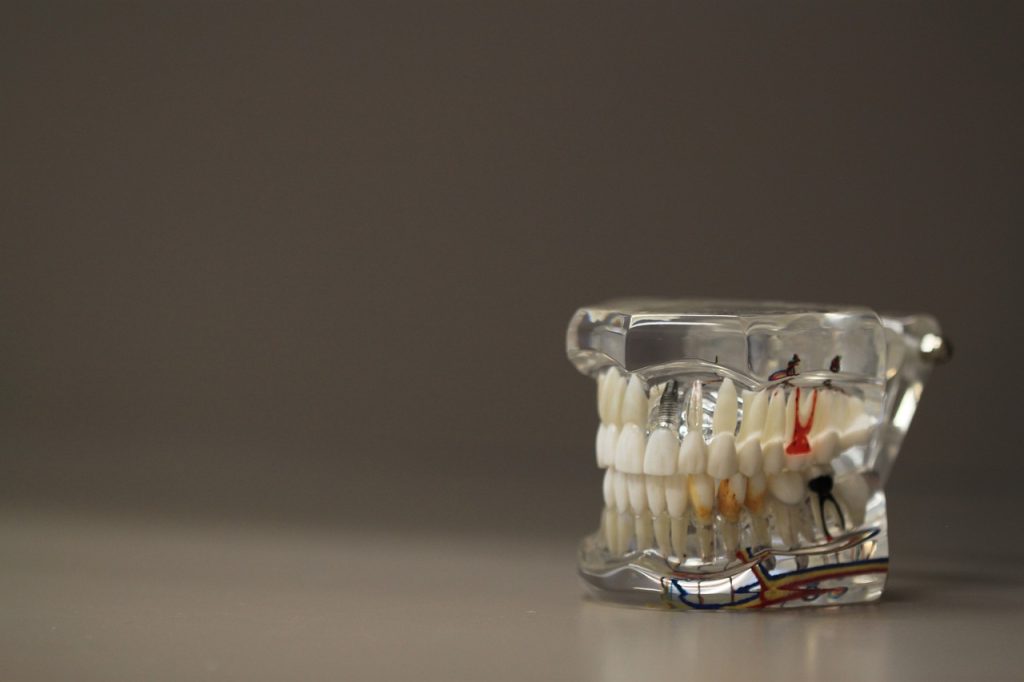
Diagnosis of Abscess or Gum Infection
Physical Examination
A dental professional will perform a thorough physical examination of your mouth, including an evaluation of the affected area. They will look for symptoms such as pain, swelling, redness, and visible signs of infection, such as boils or pus. The examination will also include an assessment of your overall oral health and hygiene.
Dental X-rays
Dental x-rays are commonly used to diagnose abscesses or gum infections. They allow the dentist to visualize the roots of the teeth and detect any abnormalities, such as bone loss or pocket formation, which can indicate an infection. X-rays are essential for determining the extent of the infection and planning appropriate treatment.
Pus Culture
In some cases, a dental professional may take a sample of the pus from the abscess and send it for culture. This helps identify the specific bacteria causing the infection and determine the most effective antibiotics for treatment. Pus culture is particularly useful when the infection is recurrent or doesn’t respond to initial treatment.
Blood Tests
Blood tests may be conducted to evaluate your overall health and determine if there are any underlying conditions that may be contributing to the abscess or gum infection. They can also help assess the severity of the infection and identify any signs of systemic inflammation.
Periodontal Evaluation
A periodontal evaluation is often performed to assess the health of the gums and supporting structures of the teeth. This evaluation includes measuring the depth of the gum pockets, checking for gum recession, and evaluating the stability of the teeth. It provides valuable information about the extent and severity of the gum infection.
Treatment Options for Abscess or Gum Infection
Drainage of Abscess
When an abscess is present, the first step in treatment is to drain the pus to alleviate pain and facilitate healing. A dental professional will make an incision into the gum to allow the pus to drain out. In some cases, a temporary drain may be placed to ensure continued drainage and prevent reoccurrence of the abscess.
Root Canal Therapy
If the abscess is caused by infected tooth pulp, root canal therapy may be recommended. This procedure involves removing the infected pulp from the tooth, cleaning the root canal, and sealing it to prevent reinfection. Root canal therapy aims to save the tooth and eliminate the source of the infection.
Tooth Extraction
In cases where the tooth is severely damaged or the infection cannot be controlled, a dental professional may recommend extracting the affected tooth. Tooth extraction is typically considered a last resort when other treatment options have failed or are not viable. Following extraction, additional treatment may be needed to replace the missing tooth.
Antibiotics
Antibiotics are commonly prescribed to treat abscesses or gum infections, particularly when there are signs of systemic involvement or the infection is spreading. They help eliminate the bacteria causing the infection and reduce inflammation. It is important to take the full course of antibiotics as prescribed by the dentist to ensure the infection is properly eradicated.
Scaling and Root Planing
To treat and manage gum infections associated with periodontal disease, scaling and root planing may be recommended. This deep cleaning procedure involves removing plaque and tartar buildup from below the gumline and smoothing the root surfaces to discourage bacterial growth. Scaling and root planing help reduce inflammation, eliminate infection-causing bacteria, and promote gum healing.

Preventing Abscess or Gum Infection
Maintaining Good Oral Hygiene
Proper oral hygiene practices are crucial in preventing abscesses and gum infections. Brush your teeth at least twice a day with fluoride toothpaste, floss daily to remove plaque and food particles from between your teeth, and rinse with an antimicrobial mouthwash. Additionally, consider using an antimicrobial toothpaste or mouthwash if you are at an increased risk of gum infections.
Regular Dental Check-ups
Schedule regular dental check-ups and cleanings to ensure that any potential dental issues or infections are detected and treated early. Dentists can identify signs of gum disease or tooth decay and provide interventions or treatments to prevent the development of abscesses or gum infections.
Healthy Diet and Lifestyle
Maintaining a healthy diet and lifestyle can contribute to good oral health. Avoid sugary and acidic foods and beverages, as they can contribute to tooth decay and gum disease. Instead, choose a balanced diet rich in fruits, vegetables, and whole grains. Additionally, avoid habits such as smoking and excessive alcohol consumption, as they can increase the risk of gum infections.
Prompt Treatment of Dental Issues
If you notice any signs or symptoms of tooth decay, gum disease, or infection, seek prompt treatment from a dental professional. Early intervention can prevent the progression of dental issues and the development of abscesses or gum infections. Ignoring or delaying treatment can lead to more severe complications and require more extensive interventions.
Avoiding Tobacco and Alcohol
Tobacco use and excessive alcohol consumption have a detrimental effect on oral health and increase the risk of gum infections. Avoiding these habits not only improves your overall health but also decreases the likelihood of developing abscesses or gum infections.
Complications of Untreated Abscess or Gum Infection
Spread of Infection
If left untreated, abscesses or gum infections can spread to other parts of the mouth, jaw, or even the bloodstream. This can lead to more extensive and severe infections that require more aggressive treatment.
Tooth Loss
Untreated abscesses or gum infections can ultimately lead to tooth loss. The infection can damage the surrounding tissues and structures that support the teeth, leading to their loosening and eventual loss.
Jawbone Infection
In severe cases, an untreated abscess or gum infection can spread to the jawbone, causing a condition known as osteomyelitis. This can result in significant pain, facial swelling, and difficulty with normal jaw function.
Sepsis
If the infection from an abscess or gum infection enters the bloodstream, it can lead to sepsis, a potentially life-threatening condition. Symptoms of sepsis include fever, rapid breathing and heart rate, confusion, and extreme fatigue. Prompt medical attention is essential if sepsis is suspected.
Risk to Overall Health
Neglecting the treatment of an abscess or gum infection can have serious implications for your overall health. Chronic infections and inflammation have been linked to an increased risk of cardiovascular disease, respiratory problems, and complications in pregnancy. Taking care of your oral health is crucial for your overall well-being.
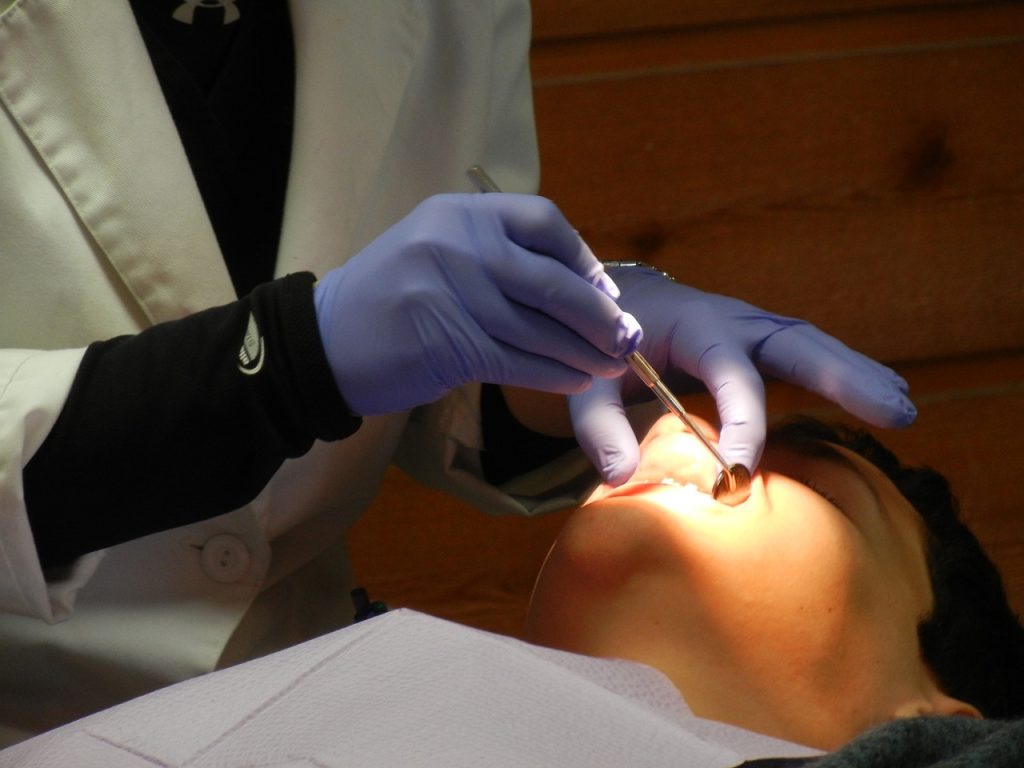
Home Remedies for Relief
Saltwater Rinse
Rinsing your mouth with warm saltwater can help reduce pain, swelling, and bacterial growth. Dissolve half a teaspoon of salt in eight ounces of warm water and gently swish the mixture around your mouth for about 30 seconds before spitting it out. Repeat this several times a day as needed for relief.
Over-the-counter Pain Medications
Over-the-counter pain medications, such as ibuprofen or acetaminophen, can help alleviate pain and reduce inflammation associated with an abscess or gum infection. Follow the instructions on the packaging and consult with a healthcare professional if you have any concerns or underlying health conditions.
Warm or Cold Compress
Applying a warm or cold compress to the affected area can provide temporary relief from pain and swelling. A warm compress can help soothe the gums and promote blood circulation, while a cold compress can help numb the area and reduce inflammation. Alternate between the two as needed for relief.
Herbal Teas or Mouthwashes
Certain herbal teas, such as chamomile or green tea, can have soothing and antibacterial properties. Swishing a cooled cup of tea around your mouth or using it as a mouthwash can help reduce pain, inflammation, and bacterial growth. Alternatively, there are herbal mouthwashes available that contain natural ingredients with antibacterial properties.
Good Nutrition
Eating a balanced diet that is rich in essential nutrients can support your body’s immune system and promote healing. Include foods such as fruits, vegetables, lean proteins, and whole grains in your diet. Avoid sugary and processed foods that can contribute to dental issues and compromise your oral health.
When to See a Dentist
Severe or Prolonged Pain
If you experience severe or prolonged pain in your teeth or gums, it is important to see a dentist as soon as possible. This may indicate a serious infection that requires professional treatment.
Persistent Swelling
Swelling that persists and does not improve despite home remedies should be evaluated by a dental professional. It may be a sign of an abscess or gum infection that needs prompt attention.
Difficulty Eating or Speaking
If an abscess or gum infection is causing difficulty with normal activities such as eating or speaking, it is crucial to seek immediate dental care. This can indicate a severe infection that requires intervention.
Fever or Chills
The presence of a fever or chills alongside oral symptoms may indicate that the infection has spread and needs urgent treatment. Contact a dental professional or seek immediate medical attention if you experience these symptoms.
Recurrent Infections
If you are experiencing recurrent abscesses or gum infections despite treatment, a dental professional should evaluate the underlying cause. They can determine if further interventions or treatment adjustments are necessary to prevent future infections.
Professional Dental Care
Dental Cleanings
Regular dental cleanings are essential for maintaining good oral health and preventing abscesses or gum infections. During a cleaning, a dental hygienist will remove plaque and tartar buildup from your teeth, reducing the risk of bacterial growth and infection.
Scaling and Root Planing
For individuals with gum disease, scaling and root planing may be recommended as part of their professional dental care. This deep cleaning procedure removes plaque and tartar from below the gumline, allowing the gums to heal and preventing the progression of the infection.
Periodontal Surgery
In more advanced cases of gum disease, periodontal surgery may be necessary to treat the infection and restore gum health. This can involve procedures such as pocket reduction surgery, gum grafting, or bone grafting to repair and regenerate damaged tissues.
Restorative Dentistry
If an abscess or gum infection has caused significant damage to a tooth, restorative dentistry may be required. This can include procedures such as dental fillings, crowns, or dental implants to repair or replace the damaged tooth and restore proper oral function.
Gum Disease Maintenance
Following treatment for an abscess or gum infection, regular gum disease maintenance appointments may be recommended. These appointments typically involve thorough cleanings and evaluations of the gums to monitor for any signs of recurrence or progression of gum disease.
Conclusion
Abscesses and gum infections can be painful and potentially serious oral health issues. Understanding the causes, symptoms, and treatment options is essential for prompt intervention and prevention of complications. By maintaining good oral hygiene, seeking regular dental care, and promptly addressing any dental issues, you can minimize the risk of developing abscesses or gum infections and ensure the overall health of your teeth and gums. If you experience any symptoms or have concerns about your dental health, it is important to consult with a dental professional for an evaluation and appropriate treatment.

